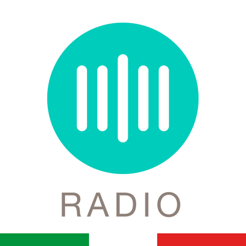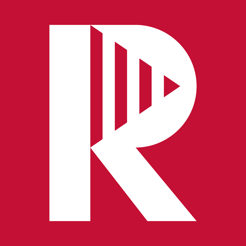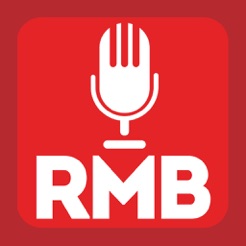Nutrition is a cornerstone of health, influencing our well-being from the cellular level to our overall lifespan. In the realm involving nursing and healthcare, knowing the vital relationship between as well as our bodies is paramount. The next few paragraphs explores the profound consequence of nutrition on health insurance and longevity, emphasizing the importance of observing food as medicine.
The effectiveness of Nutrient-Rich Foods
Our bodies require a diverse range of nutrients, together with vitamins, minerals, proteins, glucose, and fats, to function suitably. Nutrient-rich foods, such as fruit, vegetables, whole grains, lean aminoacids, and healthy fats, provide a plethora of benefits:
Improved Defense Function: Essential vitamins and minerals strengthen the immune system, defending the body towards infections and illnesses.
Boosted Energy Levels: Carbohydrates, the body’s main energy source, sustain energy levels along with support bodily functions.
Healthy Weight Preservation: Nutrient-dense foods promote satiety and weight management, reducing the unwelcome possibility this site obesity and associated health conditions.
Optimized Organ Function: Enough nutrition supports vital system like the heart, brain, failing liver, and kidneys, contributing to general health and longevity.
Disease Deterrence and Management
Proper nutritional significantly contributes to preventing and also managing various chronic conditions:
Heart Disease: A heart-healthy eating plan, low in saturated fats and salt, can lower cholesterol levels along with blood pressure, reducing the risk of illness.
Diabetes: Monitoring carbohydrate ingestion, consuming whole grains, and handling portion sizes are critical components of diabetes management.
Brittle bones: Adequate calcium and vitamin supplement D intake, typically with dairy products and leafy shades of green, supports bone health and reduces osteoporosis.
Cancer Risk Lessening: A diet rich in antioxidants, supplements, and minerals from fruit and veggies may reduce the risk of selected cancers.
Tailoring Nutrition in order to Individual Needs
Every individual has different nutritional requirements influenced through factors such as age, sex, activity level, and diseases. Nurses play a vital role for educating individuals about personable nutrition plans:
Pediatric Nutritional vitamin supplements: Addressing the distinct nutritional needs of children is crucial with regard to growth, development, and overall wellness.
Geriatric Nutrition: Supporting the elderly in meeting their healthy needs is vital for fighting malnutrition and age-related illness issues.
Maternal and Infant Nutritional vitamin supplements: Providing guidance on nutrition in pregnancy and breastfeeding ensures the health of both mother and infant.
Sports Nutrition: Tailoring diet habits to athletes’ needs may enhance performance, optimize recuperation, and reduce the risk of injuries.
Comprising Nutrition Education in Health
Collaborative Efforts: Interdisciplinary relationship among healthcare professionals, such as nurses, dietitians, and medical professionals, ensures comprehensive nutrition nurture patients.
Patient-Centered Approach: Attractive patients in their care by means of educating them about nutrition related health fosters better compliance and even outcomes.
Continued Learning: Rns should stay informed with regards to the latest research and versions in nutrition to provide evidence-based care.
Encouraging Healthy Eating routine
Promote Awareness: Encourage individuals to read food labels, understand nutritional information, and make recommended food choices.
Educate regarding Portion Control: Teaching folks about appropriate portion types helps prevent overeating and can handle weight management.
Advocate for Nicely balanced Diets: Emphasize a well-rounded diet comprising all food items groups to ensure a broad selection of nutrients.
In conclusion, a healthy eating plan is an essential aspect of medical care, impacting health and longevity critically. Nurses, at the forefront with patient care, play an important role in educating and selling healthy eating habits. By recognition of food as medicine and also prioritizing nutrition education, all of us pave the way for a healthier, happier future.





